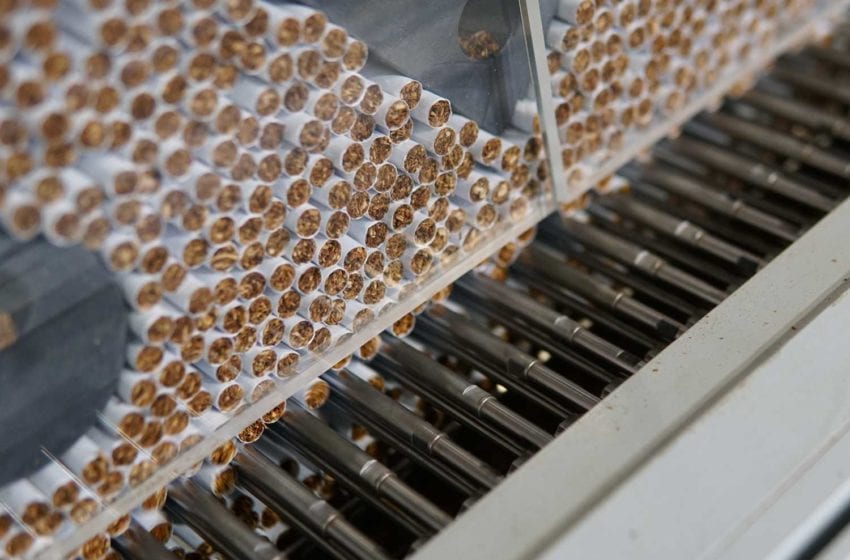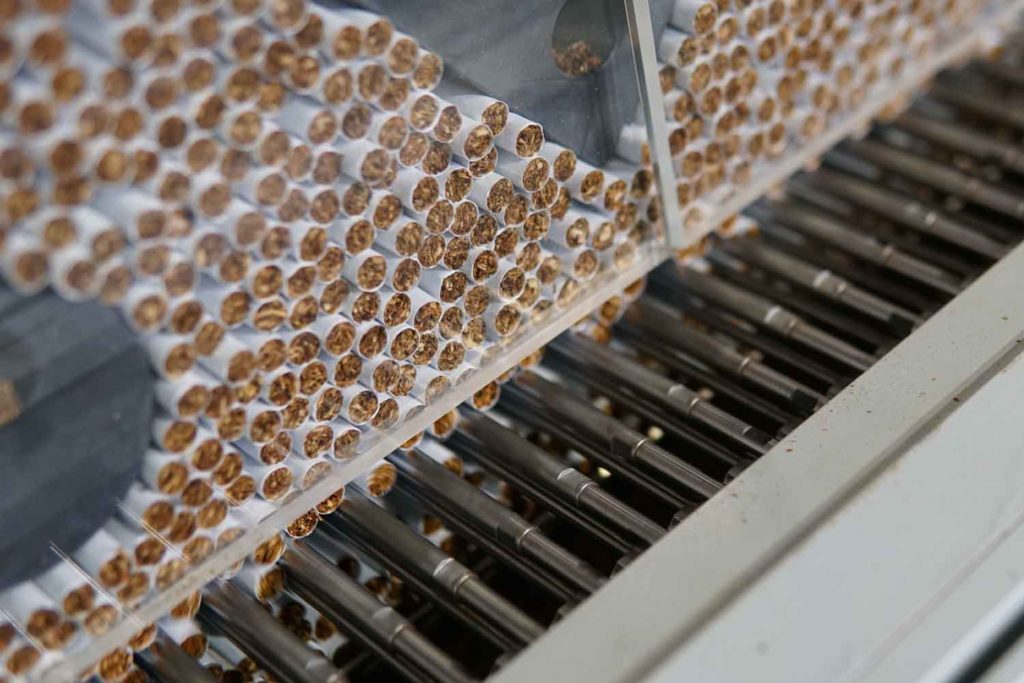
Ispire Technology reported revenue of $39.3 million for the first quarter of 2025, down from $42.9 million in the comparable 2024 quarter. Gross profit increased 13.2 percent to $7.7 million. Net loss was $5.6 million as compared to net loss of $1.3 million in the fiscal first quarter of 2024.
“Our results from the fiscal first quarter of 2025 reflect our commitment to our growth strategy of becoming the leading innovative vaping technology and precision dosing solutions company worldwide,” said Inspire Co-CEO Michael Wang in a statement.
“While our financial results were slightly impacted due to the strategic shifts we have made in our U.S. business to focus on high-quality customers and to improve payment terms and gross profit, I am pleased with our team’s overall performance given the challenging macroeconomic environment and look forward to the remainder of fiscal 2025 and the opportunities that lay ahead.”
According to Wang, Ispire continues to make progress with its point-of-use age gating technology. He also expressed excitement about the recent expansion of Ispire’s global reach through a five-year master distributor agreement with ANDS for the Middle East and North Affrica region and global duty-free markets
“The results from our fiscal first quarter were in line with our internal projections as we shifted our U.S. strategy while we also had a few delayed shipments which impacted our quarterly results,” said Ispire Chief Financial Officer Jim McCormick.
“As we head into the remainder of fiscal 2025, we are confident that we are well-positioned to continue delivering value to our shareholders as we advance our mission of becoming a global leading provider of innovative vaping technology and precision dosing solutions.”



















